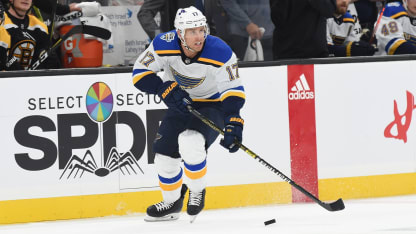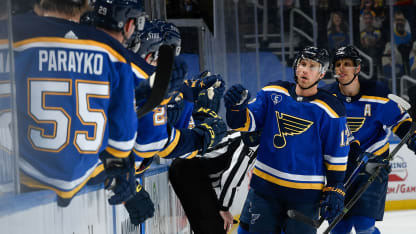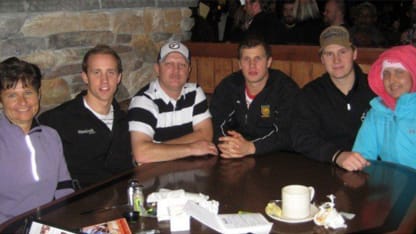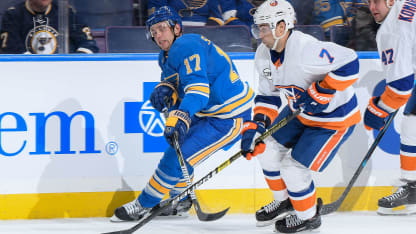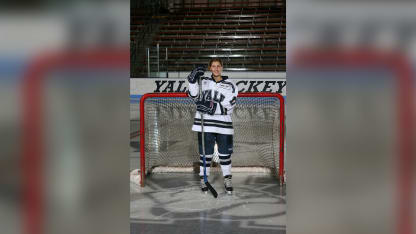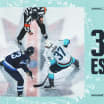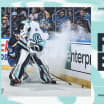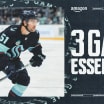Schwartz and Kraken defenseman Jamie Oleksiak were teammates playing for Team Canada in World Juniors as teenagers. As for others, Schwartz said he had texted "about a dozen guys to say hello and introduce myself" during August.
The hurt of losing Rick Schwartz, Jaden's dad, was profoundly amplified because it brought memories of the family losing Mandi Schwartz, Jaden's sister, to cancer in 2011. She was diagnosed in 2010 with acute myeloid leukemia and, accompanied by her parents, moved to Seattle for cutting-edge medical treatment, including a cord-blood transplant. Jaden and his brother, Rylan, played for Colorado College back then, making trips to the Pacific Northwest when schedules allowed.
"She was always wonderful around family and friends," said Schwartz. "She was so hard-working and dedicated as a Division I player. I played because she did."
Schwartz said he was impressed with Seattle's natural beauty but added what stands out most is the people he met and the family encountered.
One of those folks was Patrick Keaney, an Amazon executive, who was involved as a volunteer coach with the Washington Wild Female Hockey Association back then. Schwartz remembers Keaney loaning a car to his parents and becoming a family friend. When Schwartz had his hockey-traditional day with the Stanley Cup during the summer of 2019, Keaney was an invited guest.
When Keaney heard from hockey contacts about Mandi Schwartz coming to Seattle for care, he reached out to Yale, offering his support for the family. Rick Schwartz phoned the next day.
